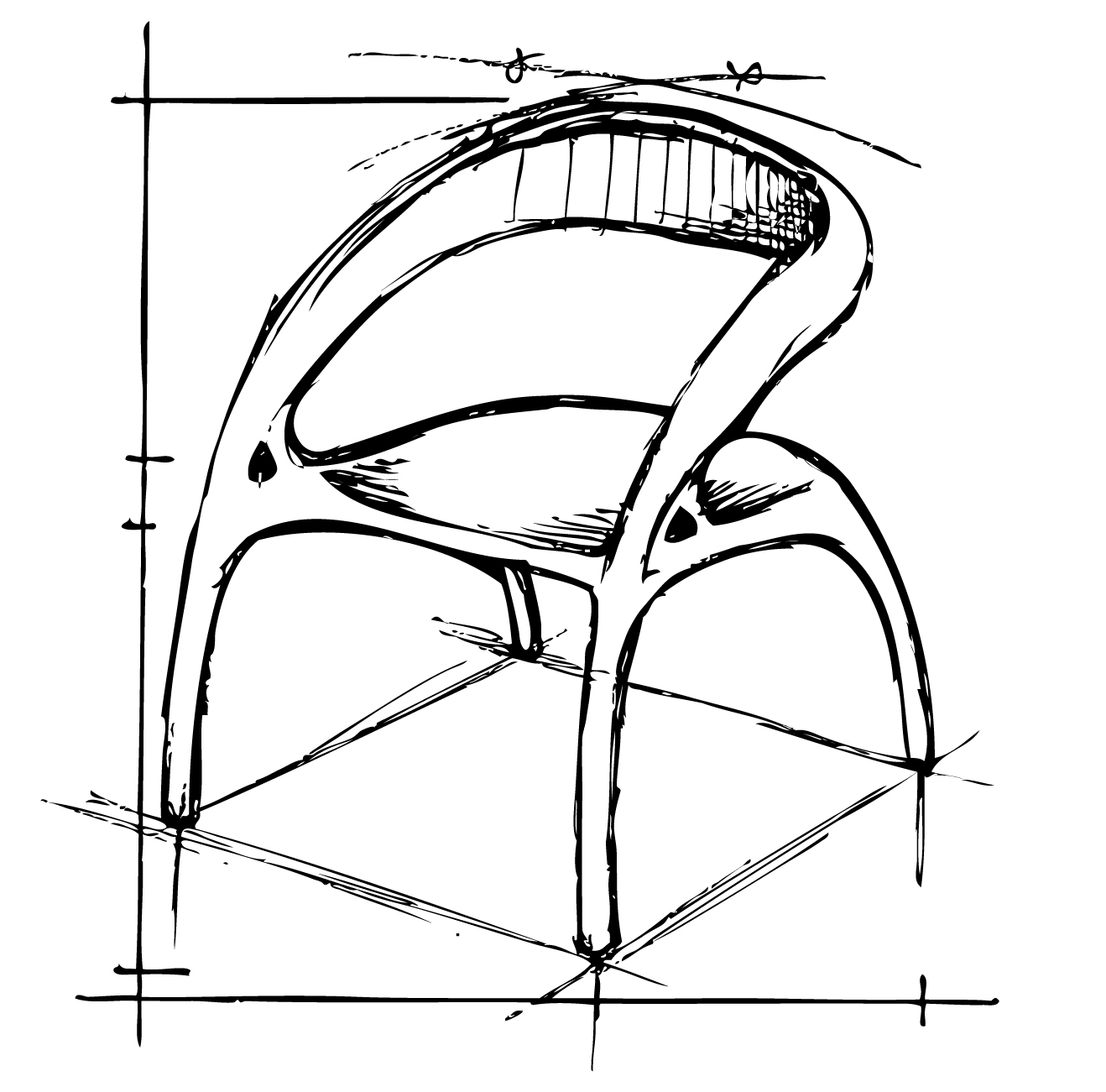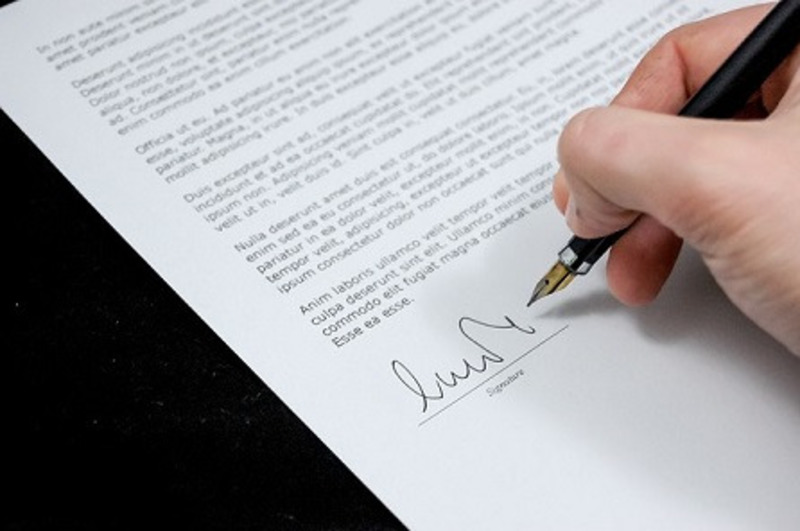
05
Nov
2018
How intellectual property impacts European rights
Do you want to know what impact intellectual property rights have on the European Union's economy? These rights have very positive economic repercussions for Europe.
The impact of intellectual property rights on the European Union
The performance of the European Union's economy is linked to the impact of inventive activity and, therefore, to intellectual and industrial property rights. To provide evidence supporting the drafting of policies and raise awareness among the public in member states about the value of intellectual property, the European Patent Office and the European Union Intellectual Property Office's European Observatory on Infringements of Intellectual Property Rights carry out ongoing joint research on this issue.
In the SHIP blog, we examine the three most recent studies by these offices and tell you how these rights - known as the Intellectual Property Code (IPC) - affect your salary and employment in the EU.
Analysis of the report on the repercussions of intellectual and industrial property rights in the European Union
The reports analyze four economic indicators: gross domestic product (GDP), employment, salaries and trade. They also consider certain industrial property rights (IPR), such as patents, brands, industrial models (design), drawings, copyright, plant varietals and geographic denominations.
With regard to GDP, sectors with extensive intellectual and industrial property rights account for over 42% of all economic activity in the European Union, worth some 5.7 trillion euros.
Turning to employment and salaries, the reports find that 28% of all jobs in the EU correspond directly to IPR-intensive sectors. Salaries in these sectors are also 46% higher. Sectors related directly or indirectly to copyrights also employ 15.2 million people in Europe, 7.1% of the total.
The contribution of these sectors to the continent's economy fell during the recent economic crisis, but companies that had invested in R&D in the European Union were much more resilient to the consequences and problems caused by this backdrop.
Interesting conclusions
Another particularly interesting aspect of the studies is the comparison of the economic performance of companies that own IPR to those with no IPR, as follows:
There are a number of ways to protect your intellectual and industrial property rights. Trust a company that specializes in the sector, such as SHIP Global IP, for end-to-end management of your IPR portfolio.
The impact of intellectual property rights on the European Union
The performance of the European Union's economy is linked to the impact of inventive activity and, therefore, to intellectual and industrial property rights. To provide evidence supporting the drafting of policies and raise awareness among the public in member states about the value of intellectual property, the European Patent Office and the European Union Intellectual Property Office's European Observatory on Infringements of Intellectual Property Rights carry out ongoing joint research on this issue.
In the SHIP blog, we examine the three most recent studies by these offices and tell you how these rights - known as the Intellectual Property Code (IPC) - affect your salary and employment in the EU.
Analysis of the report on the repercussions of intellectual and industrial property rights in the European Union
The reports analyze four economic indicators: gross domestic product (GDP), employment, salaries and trade. They also consider certain industrial property rights (IPR), such as patents, brands, industrial models (design), drawings, copyright, plant varietals and geographic denominations.
With regard to GDP, sectors with extensive intellectual and industrial property rights account for over 42% of all economic activity in the European Union, worth some 5.7 trillion euros.
Turning to employment and salaries, the reports find that 28% of all jobs in the EU correspond directly to IPR-intensive sectors. Salaries in these sectors are also 46% higher. Sectors related directly or indirectly to copyrights also employ 15.2 million people in Europe, 7.1% of the total.
The contribution of these sectors to the continent's economy fell during the recent economic crisis, but companies that had invested in R&D in the European Union were much more resilient to the consequences and problems caused by this backdrop.
Interesting conclusions
Another particularly interesting aspect of the studies is the comparison of the economic performance of companies that own IPR to those with no IPR, as follows:
- Around 40% of large companies own IPR.
- The revenue per employee of companies that own IPR is 29% higher on average.
- They also have six times more employees than companies that do not own such rights.
- Salaries are 20% higher than those of companies with no such rights.
- Small companies with IPR (just 9% of the total) invoice 32% more per employee than companies that have no IPR.
There are a number of ways to protect your intellectual and industrial property rights. Trust a company that specializes in the sector, such as SHIP Global IP, for end-to-end management of your IPR portfolio.
_____________________________












